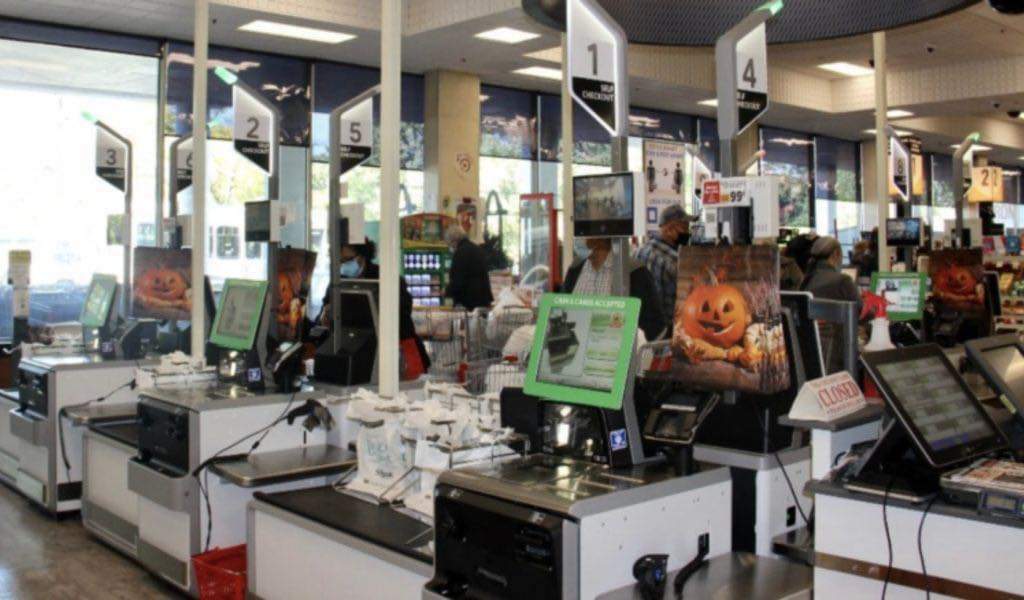Legendary Italian sports car maker Ferrari has no intention of going along with the “current thing” in vehicle design and phasing out combustion engines in favor of going fully electric or hybrid. In fact, the chief of the Italian car manufacturer told the BBC in a Sunday interview that he promises the company will keep making the eight and 12-cylinder engines it has made its trademark at least until the end of the 2030s.In fact, he told the BBC in an interview it would be “arrogant” to dictate to customers what they can buy while at the same time walking away from the company’s heritage, saying, “I don’t want to be arrogant and impose a choice on our client. It is the client who must choose if they want an ICE (internal combustion engine), a hybrid or an electric car.” The BBC, reporting more on Ferrari’s plans after its interview with the automaker’s chief, said: click here 👇👇👇
TRADITIONALLY, THE RAUCOUS SOUND OF AN EIGHT OR 12-CYLINDER INTERNAL COMBUSTION ENGINE HAS BEEN A KEY PART OF ITS APPEAL. BUT BATTERY-POWERED CARS ARE MUCH QUIETER.
NEVERTHELESS, FERRARI IS PLANNING TO LAUNCH ITS FIRST FULLY ELECTRIC MODEL IN TWO YEARS’ TIME – A DESIGN THE COMPANY INSISTS WILL OFFER A “UNIQUE DRIVING EXPERIENCE”.
THIS PUTS IT AT ODDS WITH RIVAL BRAND MCLAREN, WHOSE CEO TOLD AN FT AUTOMOTIVE SUMMIT THIS WEEK THE TECHNOLOGY WAS “NOT READY” FOR USE IN SUPERCARS, DUE TO THE WEIGHT OF THE BATTERIES.
LAST YEAR, FERRARI UNVEILED PLANS FOR A THREE-PRONGED APPROACH IN DEVELOPING NEW VEHICLES, AS PART OF A COMMITMENT TO BECOMING CARBON NEUTRAL BY 2030. IT SAID ELECTRIC CARS AND HYBRIDS WOULD MAKE UP AN INCREASING PROPORTION OF ITS RANGE BY THE END OF THE DECADE.
BUT IT INSISTED IT WOULD CONTINUE TO DEVELOP INTERNAL COMBUSTION ENGINES AS WELL, TO BUILD ON WHAT IT CALLED “AN ESSENTIAL PART OF THE COMPANY’S HERITAGE”.
While electric vehicles have been the “current thing” for a long while now, and Tesla cars use their sporty looks and rocket ship-like acceleration to reel people in, there are some problems with them. For one, they just don’t work well in real life, as numerous tests have shown. They take forever to charge, particularly if you don’t have the sort of special charger necessary to speed a charge up. Even when fully charged, the battery propels the vehicle over a far shorter distance than manufacturers claim, with that problem only getting worse when trying to use the truck for truck purposes, such as towing. Oh, and they’re wildly expensive.





